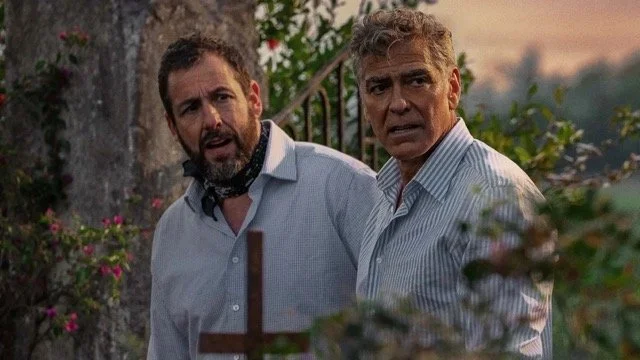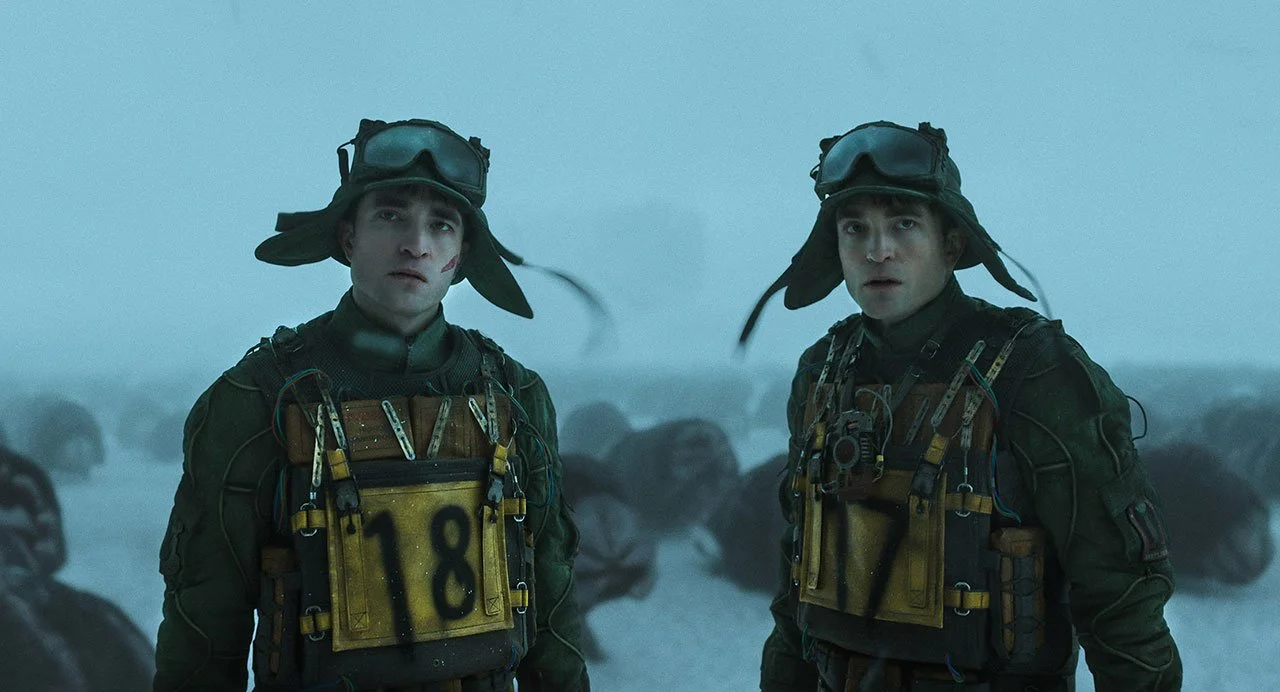Network Remains a Modern Apocalypse
The only sure things in life are death and commercials. And make no mistake, even death can be commercialized.
It’s been over forty five years since Sidney Lumet’s Network debuted, and even now, exceedingly few films can match its fiery cynicism about the world of news, media, entertainment, and capitalism.
That world is one with little room for underperformance and even less for virtue. Exhibit A: Harold Beale (Peter Finch), a heralded newscaster who has faithfully reported on world events for decades. But the moment his ratings begin to slip, his company is all too ready to dismiss him from the airwaves. As a final gesture of resentment and outrage, Beale turns his next night on air into a tirade against the created order of news media, ultimately promising to take his life on air during his final broadcast.
But Beale is outmaneuvered by the cunning of the studio executives, who realize the potential of a nightly ravings and diatribes. And none are quicker to the punch than Faye Dunaway’s Diana, who grasps the ratings goldmine that Beale offers. Diana’s ambition is endless; her sense of ethics rather less so. Even as she crafts Beale’s show into a variety hour-cum-religious mass, she works on another project to manufacture terrorist acts by Black radical groups, all in order to package them in weekly segments for the public’s rapt consumption.
Everyone is indicted in the cast: William Holden’s Max, whose reluctance in the whole endeavor doesn’t exactly keep him awake at night or keep him from diving into an affair with Diana. Robert Duvall’s Frank Hackett doesn’t even pretend to care about journalistic integrity or even the idea of educating the public—profit is his blatant, banal motive. And the invisible hand controlling it all is Ned Beatty, whose corporate head Arthur Jensen is not so much a person as a hurricane.
Sidney Lumet’s Network is a deluge of flame in the form of monologues, and it burns everything in its path. Relying so heavily on extended speeches is a move that could easily fell a lesser film, but Lumet and screenwriter Paddy Chayefsky are more than up to the task. Every actor gets their turn to shine with an invective or a brutally cynical confession.
Flames. Deluges. In discussing Network, it’s difficult to escape this apocalyptic language. (I’ve already spent all of my energy trying to circumnavigate the phrase “amusing ourselves to death.”) Network is apocalyptic in both the typical and truer senses. As to the former, Network is about the end of the world. Moreso, it’s about our relentless ability to turn calamity into entertainment. The assault of hurricanes, the latest mass shooting, the agony of humans worldwide, the warming of the oceans. We do not merely watch it happen. We monetize it.
But the movie is apocalyptic in the deeper sense as an act of unveiling. Network reveals the manipulative heart of the media structure. If the characters are twisted into caricatures, the twisting is done more by the siren song of capitalism than by the script.
What’s perhaps most shocking and most pointed about Network is Howard Beale’s naïvete. His outrage about the underhanded tactics and shallow motives of the studio is rightly aimed, but he fails to understand just how adaptable that structure is. It’s an efficient machine focused on the sole technique of making profit, and it’s flexible and powerful to that end. So flexible that it takes nearly no time to twist his jeremiads into ratings. That the studio is most often the target is of little concern when so much money is on the line. Even the most lasting line from Network, “I’m mad as hell, and I’m not going to take it anymore!” immediately becomes a soundbite. A mere catchphrase. The system is so enveloping that even critiques of the system are consumed by it to its own ends.
Alongside the apocalyptic nature, there’s an ever-present religious framework to the movie. As Beale’s diatribes garner a greater following, his production studio is transmogrified from a news desk to a temple outfitted with stained glass (and, as if it weren’t sufficiently on the nose, a side desk for mass astrology readings). To say that news became entertainment became religion would be obvious. But there’s more interesting critique at play. The Israelite prophets proclaimed a time when all the nations of the earth, all its powers and peoples, would stream to Yahweh’s temple and bow down before him (see Psalm 22, Isaiah 2, Micah 4). In Network, entertainment has supplanted God to such an extent as to become the new god. All bow down to amusement, to profit. “Suicide of the week” becomes not a lament but a marketing strategy. Black radicals pursuing political agency end up fighting increased royalties. Not even religion itself is immune to the forces of profit via national broadcast.
No moment epitomizes this with sharper vision than Ned Beatty’s brimstone prophecy. In two hours of devastating monologues, none can touch the scorched earth nature of Beatty’s Jensen, and none reveal the true powers that are at play quite like his. Jensen thunders about “the corporate cosmology” which Beale is disturbing and which does not take kindly to usurpers. It’s an arresting declaration of wrath and fury from this corporate deity, a shock of true and religious terror about the structure of the world. Like any good apocalypse, it’s impossibly arresting and difficult to watch; we may not always liked what is revealed.



